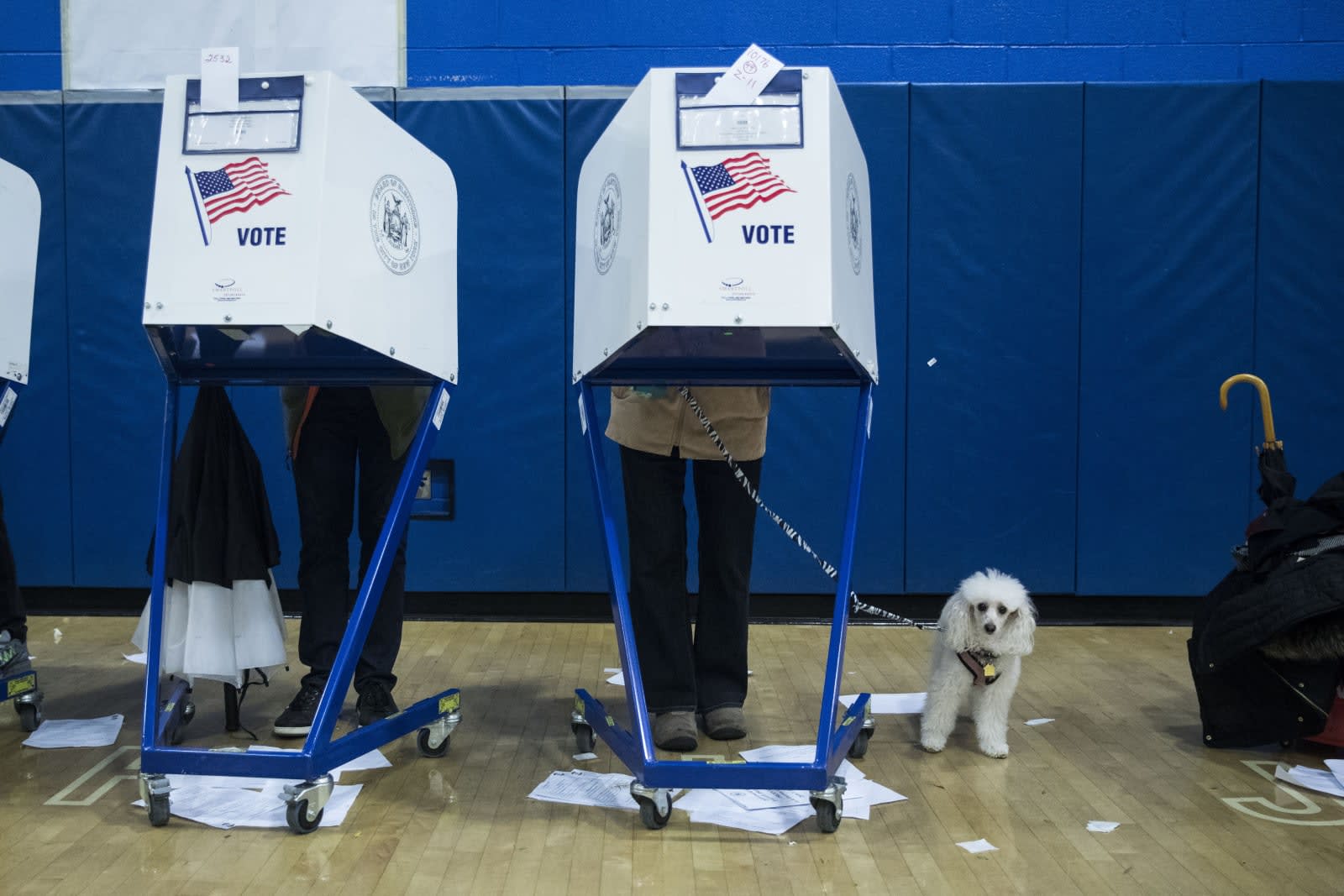
Lyft expands free voter rides to all US primaries
You might not have trouble getting to the voting booth in 2020.
by Jon FingasLyft is bringing back its free rides for voters during the 2020 US election cycle, and this time it won't be limited to the final vote. The ridesharing firm is expanding its Voting Access Program to offer no-cost rides to polls through the entire primary calendar and general election, starting with the Iowa Caucus in early February. As before, it's partnering with nonprofits like the League of Women Voters, National Urban League and Voto Latino Foundation to make the rides available.
The company is promising more details on plans to improve voter access and "other forms of civic engagement" later in the year.
This is partly a promotional vehicle, of course Along with other LyftUp projects like Disaster Response and Grocery Access, it's as much about polishing Lyft's image as it is caring for people in need. At the same time, there's little doubt that this and rival programs like Uber's could play important roles in turning out the vote. Lyft pointed to data suggesting that 15 million potential voters in 2016 didn't go "in large part" because they couldn't get to polling locations. If ridesharing companies and their partners can draw enough attention to these programs (and that's a big "if"), they might increase participation -- particularly for low-income and carless people who might have a harder time casting their votes.